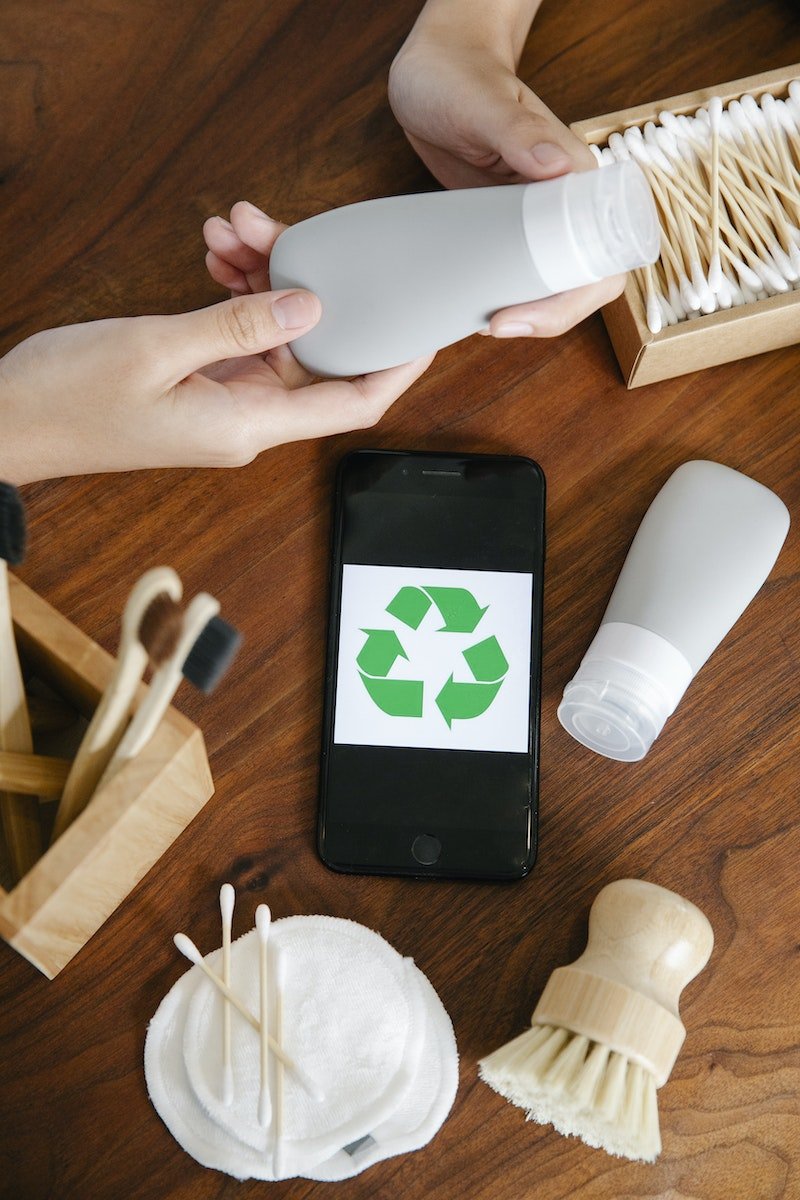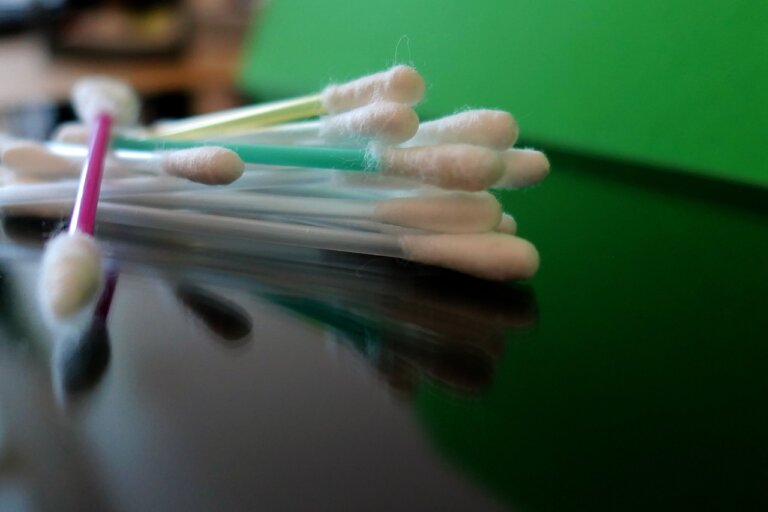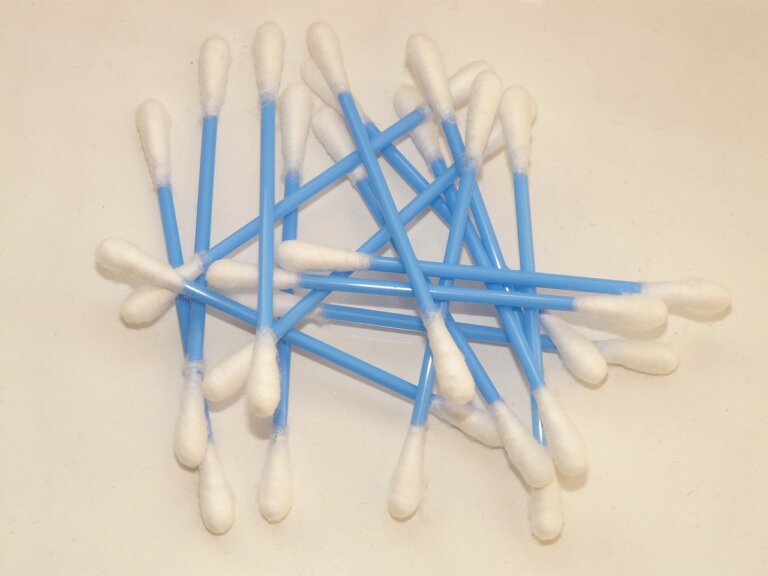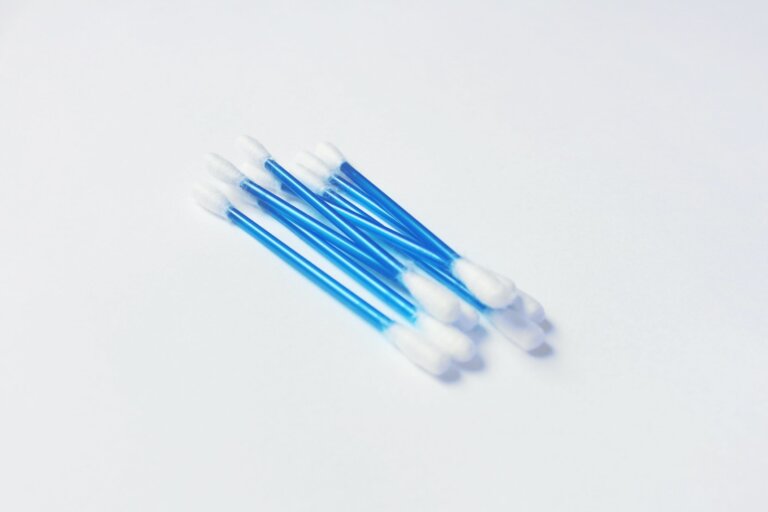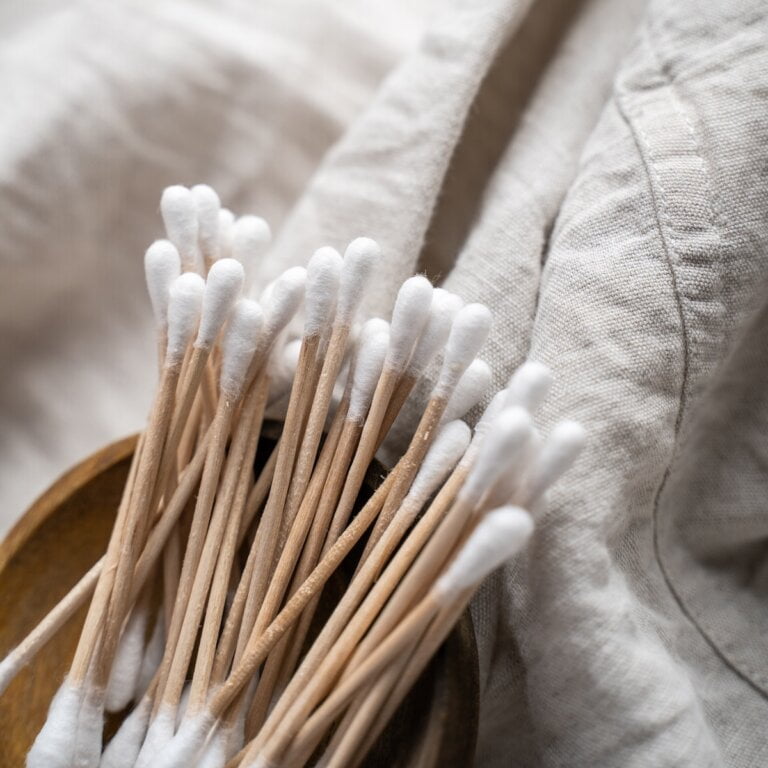Safeguarding Your Ears: Proactive Steps for Preventing Common Ear Problems
Last Updated on 3rd May 2024 by Admin
Our ears play a crucial role in our daily lives, allowing us to communicate, navigate our surroundings, and enjoy the world of sounds. However, without proper care and attention, our ears can become susceptible to various common ear problems. By taking proactive steps and following good ear care practices, you can safeguard your ears and prevent these issues from arising. In this article, we will explore some effective strategies to maintain optimal ear health.
Understanding Common Ear Problems
Before delving into preventive measures, it is important to familiarize ourselves with the common ear problems that many individuals face. By understanding these issues, we can better appreciate the significance of preventive actions.
1. Ear Infections
Ear infections, also known as otitis media, are one of the most prevalent ear problems, especially among children. They occur when bacteria or viruses enter the middle ear and cause inflammation. Symptoms may include ear pain, fever, hearing loss, and fluid drainage.
Ear infections can be prevented by following these measures:
- Practice Good Hand Hygiene: Regularly wash your hands to minimize the risk of introducing bacteria or viruses into your ears.
- Avoid Sharing Personal Items: Sharing items such as earphones or earbuds can increase the likelihood of transmitting bacteria or viruses that cause ear infections.
- Promote Breastfeeding: For infants, breastfeeding can help boost their immune system and reduce the risk of ear infections.
- Avoid Bottle Propping: When bottle-feeding infants, ensure they are in an upright position to prevent the backflow of milk into the middle ear, which can lead to infections.
2. Wax Buildup
Earwax is a natural substance that helps protect the ears by trapping dust and preventing the entry of harmful particles. However, excessive earwax can accumulate and lead to discomfort, hearing problems, and even dizziness. Regular cleaning is essential to prevent the buildup of earwax.
To prevent excessive wax buildup, consider the following:
- Avoid Using Cotton Swabs: Inserting cotton swabs into the ear canal can push the wax deeper and potentially damage the eardrum. Instead, use a damp cloth to clean the outer portion of your ears.
- Seek Professional Help: If you experience persistent wax buildup, consult a healthcare professional who can safely remove the excess wax using specialized tools or techniques.
- Use Ear Drops: Over-the-counter ear drops can help soften earwax, making it easier to remove naturally. Follow the instructions provided and avoid using them excessively.
3. Tinnitus
Tinnitus refers to the perception of ringing, buzzing, or other noises in the ears without any external sound source. It can be caused by various factors, including exposure to loud noises, age-related hearing loss, or certain medical conditions. Tinnitus can be incredibly bothersome and may impact one’s quality of life.
To manage and prevent tinnitus, consider the following:
- Protect Your Ears from Loud Noises: As mentioned earlier, exposure to loud noises can contribute to tinnitus. Use earplugs or earmuffs in noisy environments to reduce the risk.
- Manage Stress: Stress can worsen tinnitus symptoms. Practice stress-reducing techniques such as meditation, deep breathing exercises, or engaging in hobbies that help you relax.
- Limit Caffeine and Alcohol: These substances can potentially exacerbate tinnitus symptoms. Consider reducing your consumption or avoiding them altogether.
4. Hearing Loss
Hearing loss can occur gradually over time or suddenly due to various reasons such as aging, exposure to loud noises, ear infections, or certain medical conditions. It can significantly impact communication and daily activities.
To prevent hearing loss, consider the following measures:
- Use Hearing Protection: Whenever you are exposed to loud noises, whether at work or during recreational activities, use earplugs or earmuffs to reduce the risk of damage to your hearing.
- Turn Down the Volume: When listening to music or watching television, keep the volume at a moderate level to avoid straining your ears.
- Take Listening Breaks: If you regularly use headphones or earphones, take breaks in between to give your ears some rest and prevent overexposure to loud sounds.
Proactive Steps for Prevention
Now that we comprehend the common ear problems, let’s explore the proactive steps we can take to prevent them and maintain optimal ear health.
1. Practice Good Ear Hygiene
Maintaining proper ear hygiene is crucial for preventing ear problems. Here are some key practices to incorporate into your daily routine:
- Gently Clean Your Ears: Use a damp cloth or a cotton swab to clean the outer portion of your ears. Avoid inserting anything into the ear canal, as this can push wax deeper and potentially damage the eardrum.
- Avoid Excessive Earwax Removal: While it’s important to clean your ears, be cautious not to overdo it. Earwax serves a protective purpose, and removing it excessively can disrupt the natural defense mechanism.
- Consider Ear Irrigation: In some cases, a healthcare professional may recommend ear irrigation to remove excessive earwax. This procedure involves using a syringe to flush warm water into the ear canal, dislodging the wax and allowing it to drain out.
2. Protect Your Ears from Loud Noises
Exposure to loud noises can lead to hearing loss and tinnitus. To safeguard your ears from damage, consider the following tips:
- Use Earplugs or Earmuffs: When exposed to loud environments or participating in activities such as concerts, sporting events, or using power tools, wear earplugs or earmuffs to reduce the impact of noise.
- Limit Exposure Time: If you cannot avoid loud noises altogether, limit your exposure time. Take breaks and find quieter environments to give your ears a chance to rest and recover.
- Choose Noise-Canceling Headphones: When listening to music or other audio, consider using noise-canceling headphones. These can help reduce the need to increase the volume to overcome background noise.
3. Maintain Healthy Ear Infection Prevention Practices
Ear infections can be prevented by adopting certain practices, particularly for children:
- Vaccination: Ensure your child receives all recommended vaccinations, including those for diseases that can cause ear infections, such as pneumococcus and influenza.
- Avoid Secondhand Smoke: Exposure to secondhand smoke can increase the risk of ear infections in children. Minimize their exposure, especially during early childhood.
- Promote Breastfeeding: Breastfeeding provides essential antibodies that can help protect infants against ear infections. If possible, encourage breastfeeding for the recommended duration.
4. Be Mindful of Water Exposure
Water exposure can increase the likelihood of developing ear infections or complications. Here’s what you can do to minimize the risk:
- Use Earplugs or a Swimming Cap: When swimming or participating in water activities, wearing earplugs or a swimming cap can prevent water from entering the ear canal and causing infections.
- Dry Your Ears Thoroughly: After swimming or showering, use a towel to gently dry your ears. Tilting your head from side to side can help remove any trapped water.
- Consider Ear Drops: If you are prone to swimmer’s ear or have a history of recurrent ear infections, consult a healthcare professional about using preventive ear drops before water exposure.
5. Visit an Audiologist Regularly
Regular visits to an audiologist play a crucial role in monitoring your ear health, detecting any potential issues early on, and providing appropriate interventions. Consider scheduling routine check-ups to ensure your ears remain in optimal condition.
In conclusion, safeguarding your ears from common ear problems requires proactive measures and good ear care practices. By practicing good ear hygiene, protecting your ears from loud noises, preventing ear infections, being mindful of water exposure, and seeking regular professional care, you can effectively prevent many common ear problems. Prioritizing ear health will not only ensure better hearing but also contribute to an overall improved quality of life. Remember, prevention is always better than cure when it comes to maintaining the well-being of your ears.
FAQ
1. What are some preventive measures for ear infections?
- Practice good hand hygiene, avoid sharing personal items, promote breastfeeding, and avoid bottle propping.
2. How can I prevent wax buildup in my ears?
- Avoid using cotton swabs, seek professional help if needed, and use ear drops to soften earwax.
3. What can I do to manage and prevent tinnitus?
- Protect your ears from loud noises, manage stress, and limit caffeine and alcohol consumption.
4. How can I prevent hearing loss?
- Use hearing protection, turn down the volume when listening to music or watching TV, and take listening breaks when using headphones or earphones.

